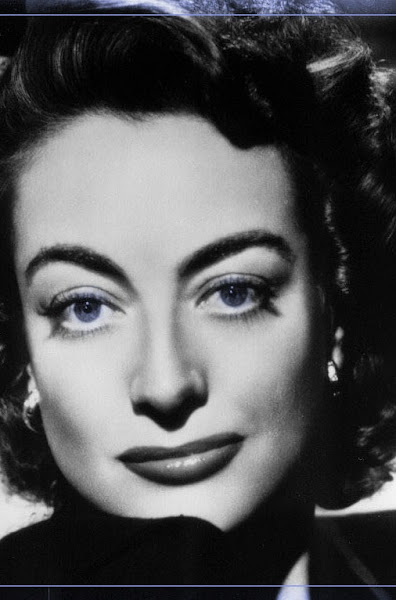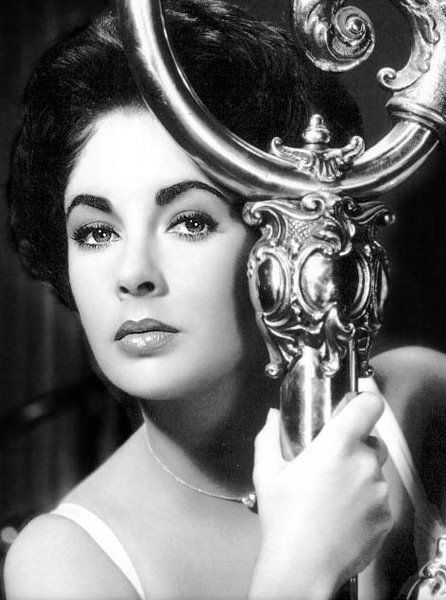 **** out of ****
**** out of ****
In 1997, Leonardo DiCaprio and Kate Winslet joined the ranks of cinema’s most memorable onscreen lovers with the film “Titanic.” When news began to circulate a couple of years ago that the duo would reunite for the film adaptation of Richard Yates’ “Revolutionary Road,” diehard fans of “Titanic” became quickly interested in the film. Although just over ten years have passed since the release of “Titanic,” thankfully little has changed in terms of DiCaprio and Winslet’s chemistry on film—at their most passionate, you can still feel the flames. Unfortunately for viewers who expect the complete return of Kate and Leo’s undying love to “Revolutionary Road,” their “passion” has much less to do with love than with suffering. “Revolutionary Road” is a depressing, shocking account of the slow destruction of a 1950s “nuclear family”—a far cry away from star-crossed lovers in the North Atlantic in 1912.
DiCaprio and Winslet, as marrieds Frank and April Wheeler, used to be happy. In a flashback, the film recounts how they fell in love at a college party then juxtaposes that scene with a particularly nasty war of words between the two some years later. In the years following, they have slowly grown apart as they have fallen into married life in the conservative 1950s. While Frank commutes with the masses to work in the city (in a scene recalling Lang’s “Metropolis”), April stays at home as the perfect housewife. However, their lives are hardly perfect until they realize it. When they do, the Wheelers decide to escape the monotony of the social ideal and go away to Paris. This, in turn, rekindles the love of their slowly dying marriage, and the Wheelers become a happy couple again. However, when obstacles arise, including the offer of a promotion for Frank at work, tensions resurface, and the Wheelers find their marriage beginning to spiral out of control until the shocking, disturbing conclusion.
Although Leo is no longer the baby-faced heartthrob at whom girls used to throw themselves, it might be just as well because it allows his acting, which continues to mature, to stand out. DiCaprio’s status as a “great” actor goes back and forth among critics, but the sheer strength and natural style of his performance is undeniable, and he is among the greatest of our time in my book. Meanwhile, Kate Winslet continues to be remarkable as April Wheeler, realized as a character through her ability to vivify every emotion that besets her, even through body and facial acting alone. Kate Winslet, as a true method actress, becomes pained April Wheeler. Finally, Michael Shannon makes his mark as John Givings, in a performance as impressive as those of the two leads. Givings is given the ironic designation of being mentally ill, although he has the best insight into oppressive suburban unhappiness of any other character. His performance involves him ritually yelling at his mother, Helen (Kathy Bates), and offering gratuitously critical opinions of everyone around him, including the Wheelers, but only after they turn their back on escaping suburban life. Anyway, his performance certainly stands out for the attention he draws, not only for his surprising (yet amusing) lines, but for the intensity of his acting.
With maturity seemingly being the greatest topic of note concerning the film, this becomes just as important to director Sam Mendes’ work, which I would declare even stronger than his debut, one of my personal favorites, 1999’s “American Beauty.”
While I enjoy and respect that film, “Revolutionary Road” just seems to fall into place so much more effortlessly. For example, “Revolutionary Road” has a tighter screenplay with fewer (at least in part) contrived character constructions than “American Beauty.”
I could go on about comparisons to “American Beauty” or even to “Titanic,” but I think “Revolutionary Road” is powerful enough on its own that viewers will quickly forget Mendes’ direction of another suburban nightmare in the former and DiCaprio and Winslet as lovers in the latter. “Revolutionary Road” is something new and different because it analyzes the 1950s “nuclear family” from a perspective that shows its weakness and failure rather than emphasizing its popular valorization as a “standard.” Such an ideal—akin to “Leave It to Beaver,” if you will—is impossible to achieve, and the film’s honesty in its narrative and its characters’ heartfelt portrayal determinedly shows the flaws of life. After all, as April Wheeler says, contrary to the neighborhood’s popular belief of her perfection: “We are no better than anyone else.” Thus, director Mendes drags viewers through the darkest and ugliest that suburban life has to offer with a film that will remain implanted in American consciousness for years to come. Free of any bias, “Revolutionary Road” is the best picture of the year.
Originally published in the January 28 issue of Versus Magazine: Entertainment & Culture
January 28, 2009
Revolutionary Road
Subscribe to:
Post Comments (Atom)

.jpg)

.jpg)
.jpg)

No comments:
Post a Comment